Table of Contents
“Rejection isn’t the end of the world; it’s a door that wasn’t meant for you to walk through.”
In today’s increasingly connected yet emotionally fragile world, there’s one important message that needs to be made loud and clear: “No means no.” This phrase is not open to interpretation, negotiation, or force. It is a full sentence that demands respect, whether it comes from a woman or a man, in a romantic context or otherwise.
Unfortunately, far too many people, particularly women, are punished, harassed, or even killed simply because they dared to say “no.” Behind many of these tragic events lies a harsh truth: as a global society, we have failed to instill the value of emotional resilience, respect, and the right to choose.
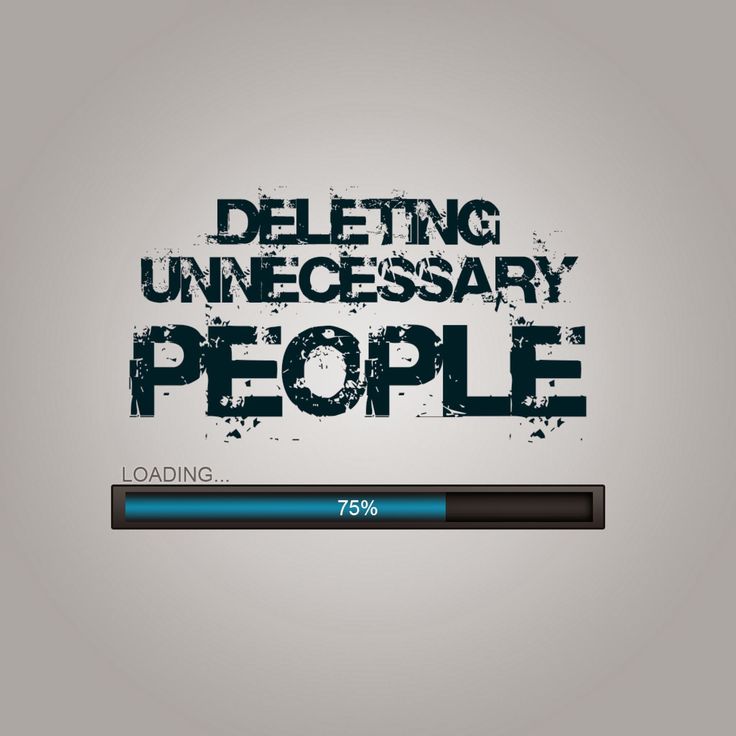
The Tragedy of Rejection Turned to Violence
Take, for example, Sana Yousaf, a 17-year-old social media influencer from Pakistan. She became a heartbreaking example of what happens when rejection is met with violence. Sana, known for her bold activism, was tragically shot in her home by a man whose romantic advances she had rejected. Instead of accepting her decision and moving on, he chose to end her life.
Sadly, this is not an isolated case. In India, Sandhya, a 25-year-old woman, was set on fire by a man whose marriage proposal she had turned down. In Italy, Giulia Cecchettin was stabbed by her ex-boyfriend after she refused to reconcile. In Mexico, reports of femicide often include cases where women were murdered for rejecting a partner’s advances. These stories span cultures and borders, highlighting a global problem.
When rejection is seen as humiliation instead of a boundary to be respected, violence festers.
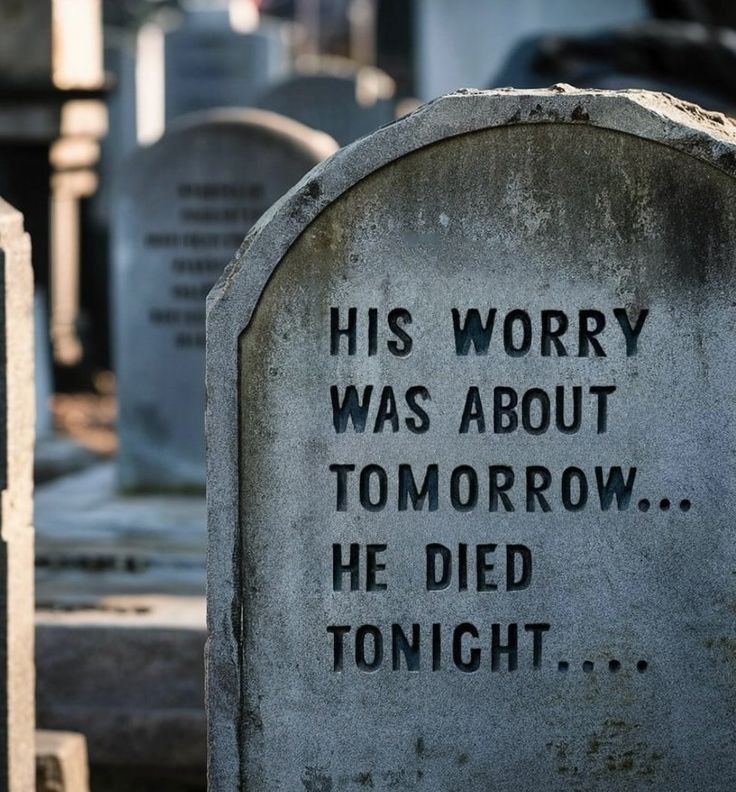
The Right to Say No: Consent and Boundaries
At the core of this issue is a basic human right: the right to choose. Just as one person has the freedom to express affection, others have the right to decline it. Consent is not a suggestion—it is a necessity.
Unfortunately, in patriarchal societies and rigid cultures across the globe, love is often viewed as possession. When love turns obsessive, it ceases to be love and becomes control—or worse, a justification for harm.
Many individuals are not taught how to cope with rejection. The mindset of “If I can’t have you, no one can” is not just an idiom; it’s a toxic belief that drives countless violent acts. Instead of being raised with emotional intelligence and empathy, many people grow up internalizing the message that being turned down is a blow to their ego—something to be avenged, not accepted.

Rejection is Redirection: Embracing the Power of ‘No’
Let’s be clear: rejection is not humiliation. It’s simply a signpost telling you to go another way—a way that might be better for you in the long run. Rejection isn’t an attack on your worth; it’s someone exercising their right to say, “This is not for me”. And that’s okay.
We need to destigmatize rejection. It’s not the end of your story; it’s just a chapter that didn’t go as you expected. Sometimes, life says “no” because there’s a better “yes” waiting elsewhere.

The Role of Society and Media: Changing Perceptions
The media plays a crucial role in shaping how we view love, relationships, and rejection. Romantic movies often glorify persistence, like the hero who doesn’t take “no” for an answer and “wins” the girl in the end. This sends the wrong message. There is a fine line between persistence and harassment, and it’s a line that must never be crossed.
Educational institutions, parents, and social influencers must actively teach boundaries, empathy, and emotional regulation. Rejection is normal; everyone experiences it. It should never be a trigger for violence or resentment.
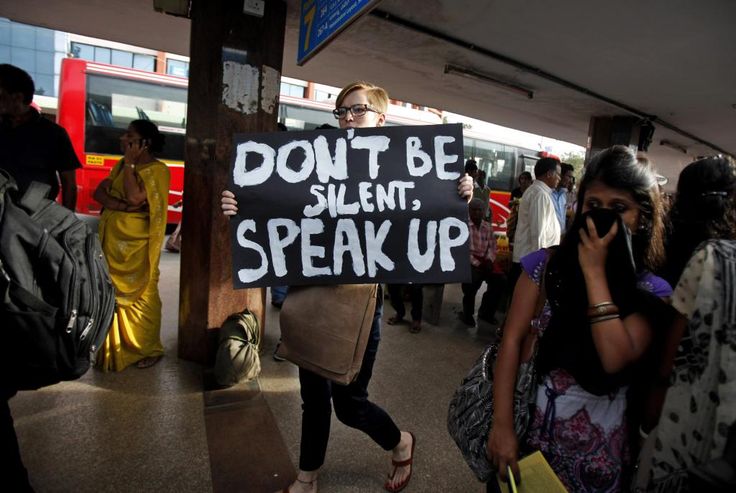
Building a Culture of Respect: Education and Consent
In countries like Sweden and Canada, consent education is part of the school curriculum. Young people are taught from an early age about personal boundaries, the importance of hearing and respecting “no,” and how to process disappointment. These lessons help create societies that understand emotions are not excuses for cruelty.
If we want to reduce gender-based violence, we must start by normalizing respect for others’ decisions, not just legally, but culturally.
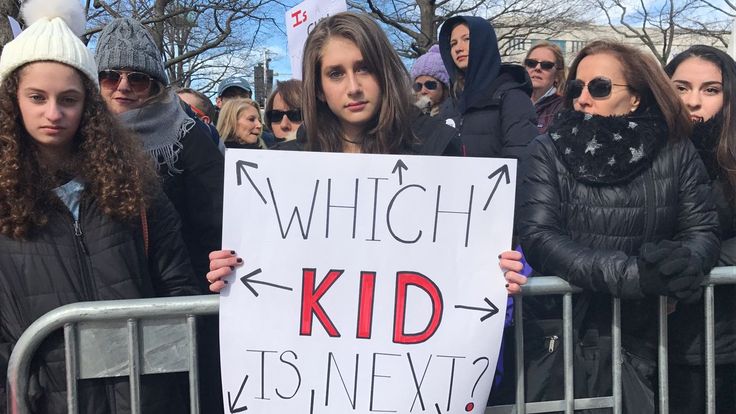
Justice and Prevention: Protecting Victims Before It’s Too Late
Law enforcement and judicial systems must take threats and stalking seriously. In many tragic cases, victims had previously reported harassment, only to be ignored. Authorities must act on early signs and treat rejected advances turned aggressive as a public safety issue, not a personal drama.
Justice isn’t just about punishing offenders; it’s about protecting potential victims before it’s too late.
The Ripple Effect: Empowering Society to Act
When someone is harmed or killed for saying “no,” it sends a chilling message to others: your voice doesn’t matter. It perpetuates fear, suppresses autonomy, and reinforces gender inequality.
But when society rallies against such violence, when justice is served, and when we raise our children to understand consent, the ripple can move in the opposite direction—toward a safer, kinder world.
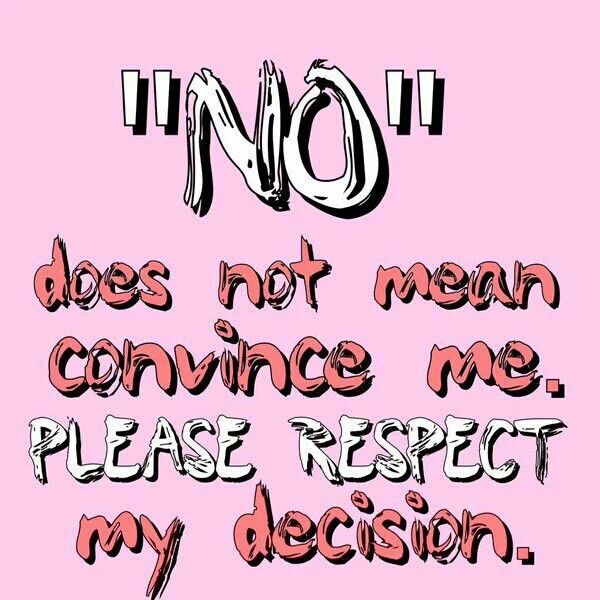
Turning Pain into Progress: Moving Forward Together
Despite the horror of these stories, we must not lose hope. Change begins with awareness, and awareness begins with conversations like this one. Every time we stand up and say, “No means no,” we push back against violence and make room for respect, empathy, and healing.
Let us teach our sons and daughters that love is not ownership. Let’s raise a generation that celebrates independence, understands boundaries, and embraces rejection as a part of growth, not defeat.
As the old saying goes, “What doesn’t kill you makes you stronger.” But in today’s world, let’s be clear: What respects you helps you grow. May the memory of victims like Sana Yousaf and countless others not just be mourned but transformed into momentum for real, lasting change.
Because when we truly learn to accept “no,” we say “yes” to a more compassionate world.
Author Profile

- I'm Farhat Sakeena, a certified English language teacher and proofreader with a BS Hons in English Language and Literature from Govt College University Faisalabad. Holding a 120-hour TEFL certification from World TESOL Academy, I've honed my skills in teaching English online and providing high-quality proofreading services. As a dedicated freelancer, I help students and professionals improve their language skills and refine their writing.
Latest entries
 Mental HealthAugust 21, 2025When Pressure Boils Over: The Quiet Roots of Aggression
Mental HealthAugust 21, 2025When Pressure Boils Over: The Quiet Roots of Aggression Women's RightsJuly 22, 2025Shattered Dreams and Broken Promises: The Unseen Suffering of Women Across the World
Women's RightsJuly 22, 2025Shattered Dreams and Broken Promises: The Unseen Suffering of Women Across the World Digital SocietyJuly 19, 2025Caught Between Screens and Reality: The Silent Struggle of a Generation
Digital SocietyJuly 19, 2025Caught Between Screens and Reality: The Silent Struggle of a Generation Human RightsJuly 12, 2025When Death Was the Only Visitor: The Silent Tragedy of Forgotten Lives in Urban Pakistan
Human RightsJuly 12, 2025When Death Was the Only Visitor: The Silent Tragedy of Forgotten Lives in Urban Pakistan

